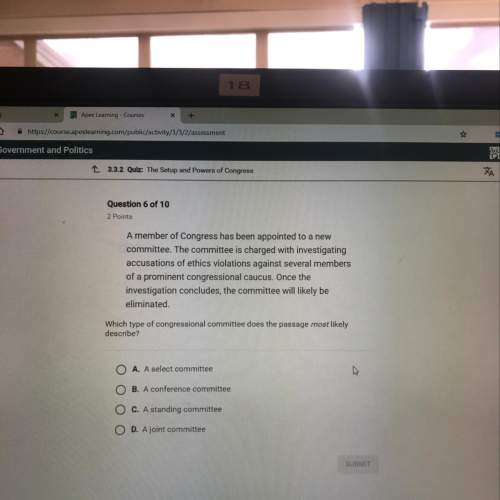
What connection does the author draw between ancient greek mythology and modern western society? cite evidence from the text in your response.
article
democracy. philosophy. sculpture. dramatic tragedies. the olympic games.
many of the fundamental elements of western culture first arose more than 2,000 years ago in ancient greece.
after conquering the greeks, the ancient romans spread greek ideas throughout their empire, which included much of europe.
all things human:
the glorification of the human form and of human accomplishment defined ancient greek art, philosophy, literature, and religion. even their gods were created in the image of humans. the greek gods had human emotions, looked like humans, and behaved more like people than infallible gods.
the greeks’ emphasis on the individual is one major cornerstone of western civilization. indeed, the spirit of individualism as defined by the greeks is still alive and well in modern american culture and society.
gods, goddesses, and heroes:
the ancient greeks were polytheistic — that is, they worshipped many gods. their major gods and goddesses lived at the top of mount olympus, the highest mountain in greece, and myths described their lives and actions. in myths, gods often actively intervened in the day-to-day lives of humans. greek religion did not have a standard set of morals; there were no judaic ten commandments. myths were used to explain the unknown and sometimes teach a lesson.
for example, zeus, the king of the gods, carried his favorite weapon, the thunderbolt. when it rained and there was thunder and lightning, the ancient greeks believed that zeus was venting his anger. many stories about how the greek gods behaved and interacted with humans are found in the works of homer. he created two epic poems: the iliad, which related the events of the trojan war, and the odyssey, which detailed the travels of the hero odysseus. these two poems were passed down orally over many generations.
a soap opera from hellas:
the greeks created gods in the image of humans; that is, their gods had many human qualities even though they were gods. the gods, heroes, and humans of greek mythology were flawed. the gods were highly emotional and behaved inconsistently and sometimes immorally.
the gods constantly fought among themselves, behaved irrationally and unfairly, and were often jealous of each other. for example, zeus, the king of the gods, was rarely faithful to his wife hera. hera plotted against zeus and punished his mistresses.
in addition to zeus and hera, there were many other major and minor gods in the greek religion. at her birth, athena, the goddess of wisdom, sprang directly from the head of zeus. hermes, who had winged feet, was the messenger of the gods and could fly anywhere with great speed. aphrodite, the goddess of love, was the most beautiful being in the universe. her brother, ares, the god of war, was sinister, mean, and disliked. poseidon ruled the sea from his underwater kingdom, and apollo rode his chariot9 across the sky, bringing the sun with him.
hades was in charge of the dead in the underworld. almost all people went to hades after they died whether they were good or bad. to get there, the dead had to cross the river styx. charon was the name of the boatman who ferried the souls of the dead across the river styx to hades.
typically, the gods punished those who were bad. for example, tantalus, who killed his own son and served him to the gods for dinner, was sent to hades and made forever thirsty and hungry. although there was a pool of clear, fresh drinking water at his feet, whenever tantalus bent down to drink, the pool would dry up and disappear.
likewise, over his head hung the most delicious fruit. however, whenever tantalus reached for them, a wind would blow them just out of his reach. the english word “tantalize” derives from the name tantalus.
the list below features some of the most famous gods and goddess in greek mythology and their important attributes.

Answers: 2


Another question on History

History, 21.06.2019 15:30
How are the freedom of religion and the freedom of assembly alike? both involve the freedom to express oneself. both were an original part of the constitution. both were practiced by the early puritans. both were denied to immigrants.
Answers: 1

History, 21.06.2019 19:00
Will mark brainliest to quickest answer which of the following is true about interest groups? a. always support one candidate b. not involved in elections c. may pass new laws d. ineffective in the states
Answers: 1

History, 22.06.2019 01:30
Describe the indian removal from north georgia. was the evacuation carried out according to plan? explain
Answers: 3

History, 22.06.2019 09:30
How might geography have led to greek -city states choosing different gods or goddesses as the protectors of their cities
Answers: 1
You know the right answer?
What connection does the author draw between ancient greek mythology and modern western society? ci...
Questions

History, 29.07.2019 01:30

Health, 29.07.2019 01:30





Biology, 29.07.2019 01:30



Mathematics, 29.07.2019 01:30



Social Studies, 29.07.2019 01:30

Biology, 29.07.2019 01:30






Mathematics, 29.07.2019 01:30




